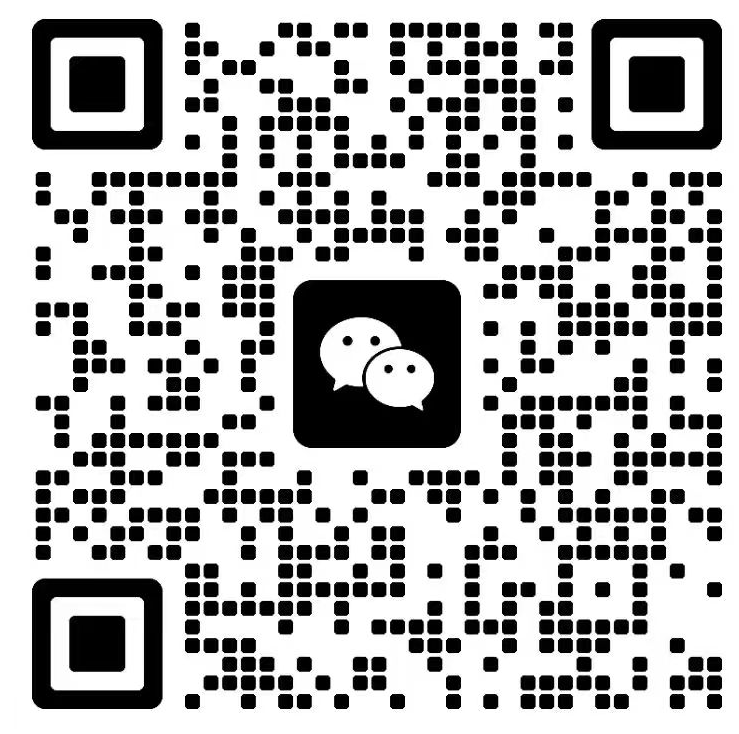【摘要】距離2020年MBA研究生招生考試僅剩30多天,小編溫馨提醒您的備考時間已經不多啦。在最后的30多天里大家一定要戒驕戒躁好好沖刺呀,不論是綜合還是英語都要按照計劃有條不紊地進行,調整好自己的備考節奏,不要輕易被別人影響。以下內容是2020年MBA考試英語外刊閱讀(三)。
Women in Japan were told not to wear glasses to work. Their response has been fiery.
Glasses, say some companies in Japan, are just not right for women to wear to work. In recent reports by Japan's Nippon TV and Business Insider Japan, women from a range of industries described being instructed by their employers not to wear glasses. One receptionist recalled being told that glasses for her were not allowed, while a male receptionist was permitted to don corrective eyewear.
All of this was apparently news to many women in Japan, who, upon hearing what their fellow women have had to endure, took to social media to break that glasses ceiling. The hashtag "glasses are forbidden" has been trending in Japan since Wednesday. The news has touched a nerve among Japanese women tired of having their bodies scrutinized and regulated in ways that they say their male counterparts are not.
Many online commentators drew a connection to another recent uproar over Japanese workplaces requiring women to wear heeled shoes, which can be uncomfortable and difficult to work long hours in. Some high heels, medical experts have warned, can even cause chronic health problems.
選自:The Washington Post(華盛頓郵報)
作者:Miriam Berger
原文標題:Women in Japan were told not to wear glasses to work. Their response has been fiery.
參考翻譯
日本一些公司表示,女性戴眼鏡上班是不合適的。在日本電視臺Nippon TV和日本商業內幕網最近的報道中,來自各行各業的女性稱,她們的雇主要求她們不要戴眼鏡。一名接待員回憶說,她被告知不允許戴眼鏡,而一名男接待員被允許戴矯正眼鏡。
對于日本的許多女性來說,所有這一切顯然都是大新聞,她們在聽到她們的女性同胞必須忍受的痛苦后,便進入社交媒體打破了“禁止戴眼鏡”的限制。自周三以來,“禁止戴眼鏡”這一話題就在日本(社交媒體上)成為熱門。這條新聞觸動日本女性的痛處,她們厭倦了自己的身體被審視和管理,而她們的男性同行卻沒有。
許多網絡評論員認為,這與最近日本工作場所要求女性穿高跟鞋所引發的另一場騷動有關。在工作場所,女性穿高跟鞋可能會感到不舒服,而且穿著很難長時間工作。醫學專家警告說,有些高跟鞋甚至會導致慢性健康問題。
以上就是2020年MBA考試考前英語外刊閱讀(三)的全部內容。




